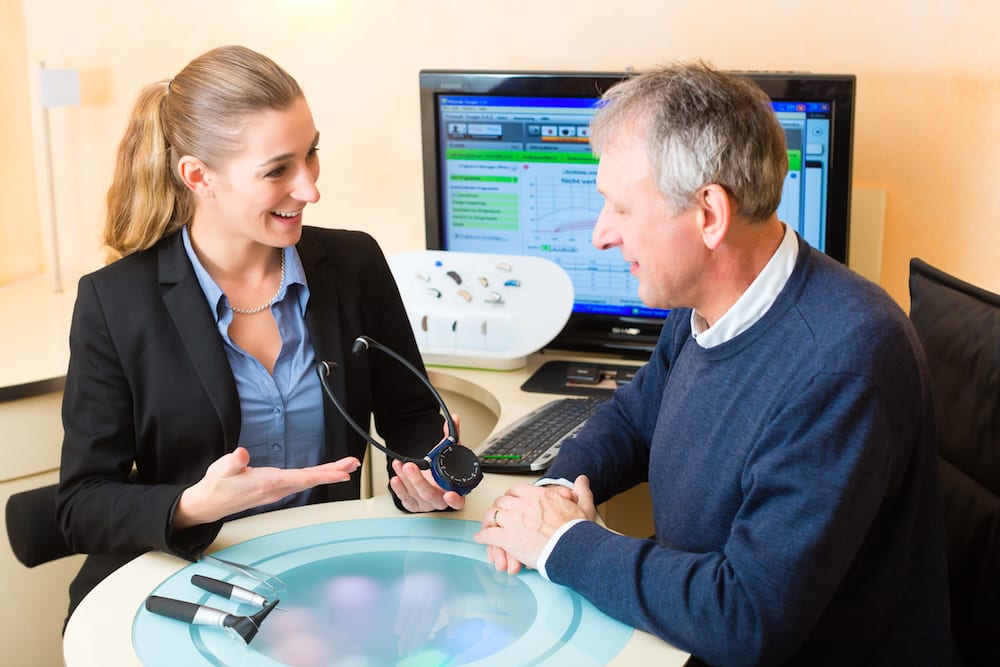The Growing Role of Smart Assistants in Hearing Aid Connectivity
You probably already ask Alexa to play your favorite music, tell Siri to
Please note: if you receive a call from someone claiming to be from our clinic, please ignore and feel free to call us directly at 505-448-1959 or (505) 750-9569


You probably already ask Alexa to play your favorite music, tell Siri to

Cold weather can affect how well your electronic devices work, and hearing

As we move toward a more eco-conscious world, sustainability is